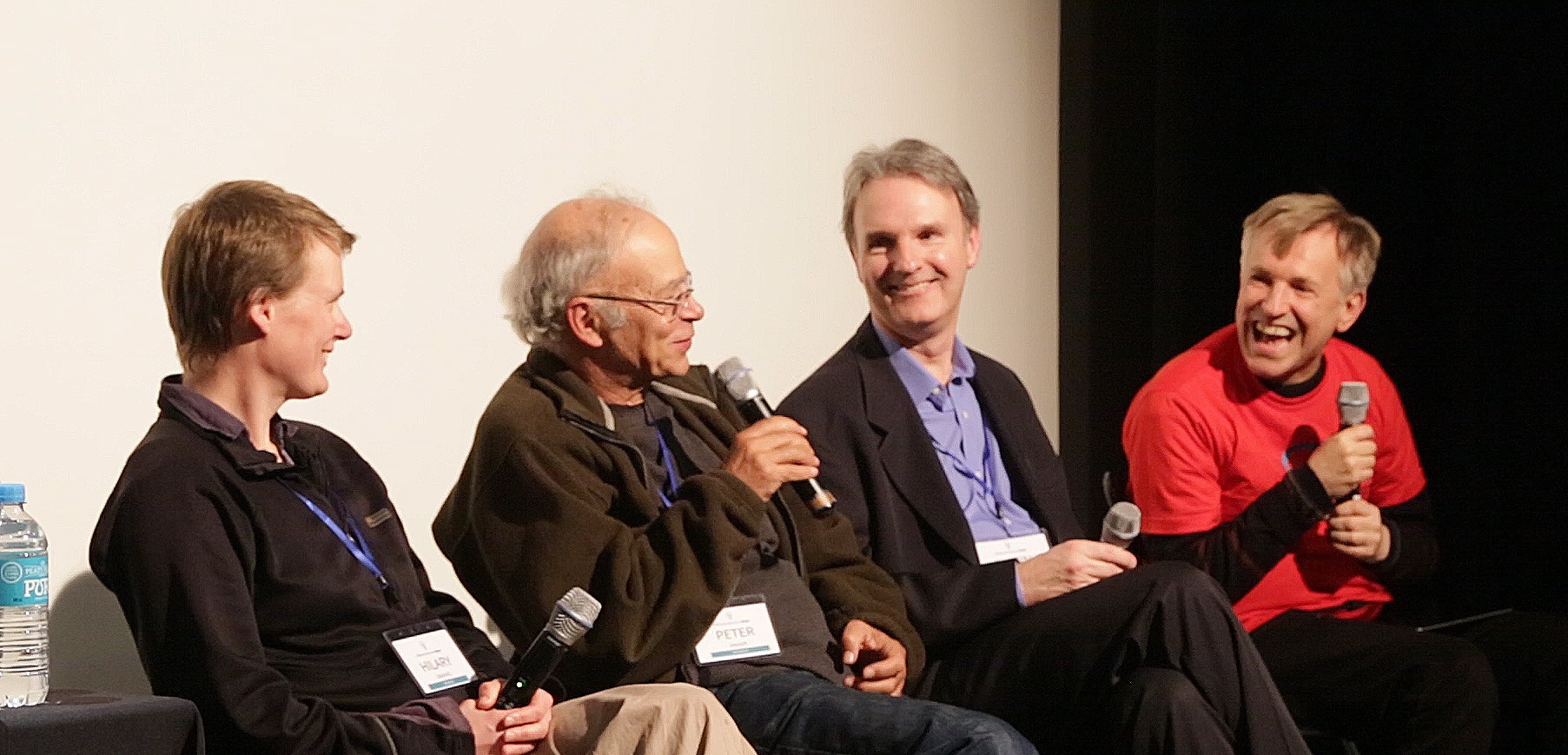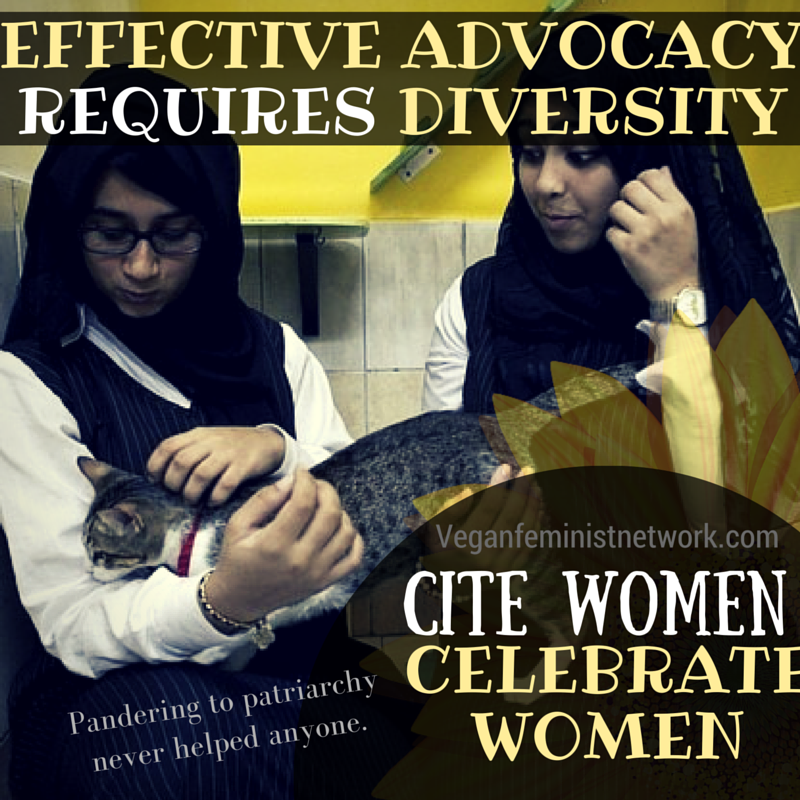
By Marv Wheale
Evolutionary biologists claim that romantic inclinations are nature’s way of perpetuating the human species. But who we choose, in societies where selection is allowed, is said by liberal and conservative-minded people to be based on free choice among the options before us.
What about the social determinants of allurement?
Learned or socialized yearnings within amorous relationships are not seriously explored by society. The chemistry of bonding is perceived as a natural attraction to someone – “the heart wants what the heart wants”. The culture of marriage, family, peers, popular love songs, Hollywood romance cinema, and social media influencers is constantly pushing the narrative.
However, interacting social conditions of attraction and disinterest complicate pure nature and emotion. These factors are multifaceted and vary according to individual circumstances, including gender, sexual orientation, body shape and size, porn, race, colonialism, class, religion, health, ability/disability, age, geography, nationality, ethnicity… This is not to say that inner wants and yearnings are unreal, only that external circumstances greatly inform them.
These features are shaped by patriarchal organized power in an interconnected way.
While a full intersectional analysis is impossible to explore in this brief article, and probably beyond my ability, I would like to at least interpret gender relations as the built meaning society attaches to biological urges, learnt from social movements’ praxis.
Binary gender differences in social roles, self-expression, clothing styles, makeup, mannerisms, etc, are not inborn programming or simply freely chosen. Our lives are bound up with patriarchal structural forces that take a primary place in defining and governing our minds, hearts, and bodies. This includes assigning masculinity and femininity to bodies at birth and beyond. These stereotypes, although not absolute, became learned and accepted over the course of acculturation and domestication (outliers notwithstanding). Patriarchal binary prominence distorted the diversity of authentic inner longings for communion with others with its opposites-attract ideology. The institutions of marriage and porn ritually and physically sanction this state of oppression.
Because of the grooming process of culture and economic systems, the gender division of functions like care work, housekeeping, apparel and employment (with some overlap), was entrenched as normal life, making outright coercion mostly unnecessary, except towards those who were characterized as unacceptable dissidents.
The gender system demonstrates little to no intrinsic value to LGBTQIA2S+, disabled, elderly, and fat bodies, and they are commonly frowned upon.
Queer, gender fluid, nonbinary, self-aware straight and nonhuman persons, in many ways, contradict rigid gender categories, even though they are just trying to live comfortably within themselves and in the world, having no intention of challenging gender authoritarianism.
In cases where the deviants are relatively recognized by mainstream culture, it appoints itself as diversified without admitting the unfair position of minorities, and without scrutinizing the fault lines of the normative gender system.
That the majority of males and females designated at birth remain uncritical of structurally hetero male supremacist organized gendering because they are politically habituated to it certainly implies it has nothing to do with personal failure. No individual is to blame for their socialization, but with liberatory knowledge comes an obligation for men to take collective action for renewal.
Vegans, too, who have the advantage of knowing how social conditioning created institutionalized speciesism, are prone to gender conformity training as much as nonvegans.
Gender hierarchy tying social roles and fashion to genitals, dressed up as natural differences, is imposed before children are even aware of gender (similarly, racism, class, ableism, speciesism…). Males, unlike females, are trained not to wear dresses, heels and makeup, or play with baby dolls; girls are socialized not to use hand and power tools, are a few obvious examples.
We need to critically examine compulsory heterosexual and gender binary identity markers rather than simply move over to give space to a minority of nonconformists. Presently, for the most part, we remain stubbornly stuck in gender encasement, consciously or unconsciously loving inequality.
The more gender conformity indoctrination persists, the more men and women deny it or say it’s a biological imperative, because the truth is too unsettling to face. The fear of violence from men when gender rules are publicly questioned and transgressed is also a deterrent. The result is that systemic masculinized power is maintained in both its malevolent and benevolent forms.
One wonders if hierarchical social training in what meaning and identity are to humans is harder to recognize and change than so-called human nature. Biosignatures have more plasticity than sociosignatures will permit.
Adopting a vegan feminist intersectional way of life is the alchemy of Transfiguration. And what a huge leap forward to liberation we could achieve if there were numerous songs, concerts, poetry and movies inspired by vegan feminism everywhere. Gorgeous music and art of inter-person communion through equality would exalt all.
Take courage and dream big!
As sort of an appendix, here are some other elements entwining gender binary blueprinting to take away:
- Inter-racial-class-abilities emotional ties do not in themselves undermine ableism, colonialism, or white and upper-class supremacy as systems of power. These relationships are used by antagonists to narrow structural inequalities to individual mutual respect, treating material institutional barriers as irrelevant, even unseen. We also see this reductionism in male and female relations under male supremacy.
- Mainstream society is extremely couple and nuclear family-oriented as the place to make meaningful connections—Indigenous tribal societies model group bonding as central to individual fulfillment.
- Patriarchal capitalism, with its isolating liberal individualism and glorification of private property, keeps gender privatized rather than scrutinized. The economic system shapes our search for intimacy to be overly centered on coupling and children. Moreover, aside from high divorce rates, many couples don’t want to live with their partners, are subject to social pressure to stay, are afraid of male violence to leave, and/or can’t afford it due to economic inequalities.
- Overvaluing heterosexual pairing relationships places platonic friendships as second-rate. Few imaginative storylines in films and songs put non-sexualized bonds at the center of the plot. Heterosexuality almost always receives the spotlight. Plus, living single, whether celibate or not, is undervalued as a joyous way of life. Institutionalized marriage remains a major barrier to uplifting these alternatives.
- Veganism is sometimes noted in the entertainment industries, but presented as a personal choice, not a social justice duty to end oppression against animals by human animals. No explanations are given about the correlation between gender and speciesism, or for advocating a non-speciest inclusion of other animals in the definition of family. The very words, “man”, “woman”, “mankind”, “rational man”, “mother earth”, “meat”, “butcher”, “hunter”, “rancher”, “fisher”, “pet”, were forged in the patriarchal gender binary speciesist paradigm.




